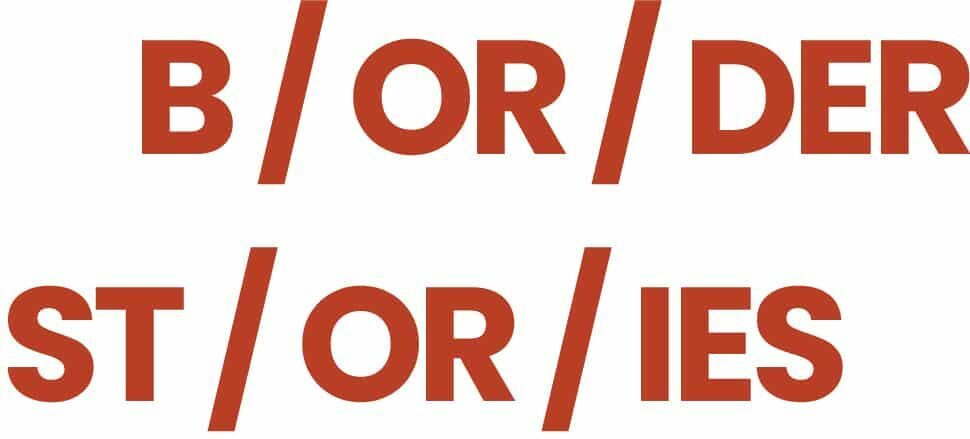Magendo: The emergence of informal border trade to Uganda
When the Ugandan ruler Idi Amin challenged the colonial borders of East Africa in the 1970s and threatened his neighbouring countries with military intervention, the Kenyan government reacted by closing the border. Without direct access to the sea, Uganda suffered an economic collapse.
At the same time, informal border trade (“Magendo”) flourished, ensuring access to basic supplies for the local Ugandan population. It also continued to enable the export of coffee from Uganda to other countries. Although hampered by trade embargoes, it was now all the more lucrative and was at times referred to as “black gold”. At that time, several border towns sprang up along the Kenyan-Ugandan border. Deliveries via unguarded border crossings were taken over by bicycle and later motorbike transporters. To this day, these means of transport are called “Boda Boda” – based on the word “border”.
"The people here survived because of the border. They were lucky and could do business.”

